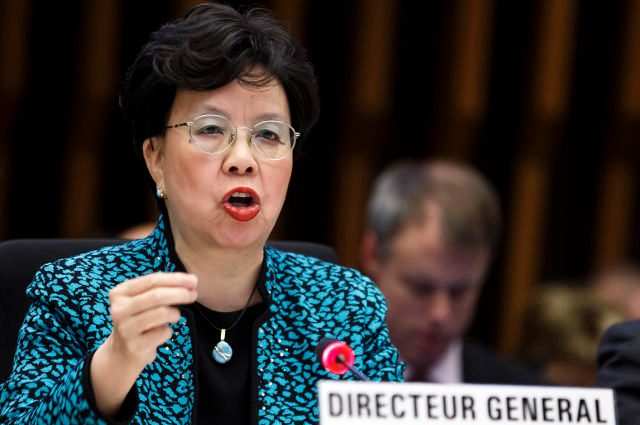SUMMARY
This is AI generated summarization, which may have errors. For context, always refer to the full article.

SINGAPORE – The head of the World Health Organization on Tuesday, February 10, described universal healthcare as a powerful tool to fight inequality, hailing countries such as Singapore, which last month introduced a safety net for the poor and elderly.
According to the WHO, a lack of universal healthcare pushes 100 million people a year below the poverty line as a result of paying for the services they need, while countries such as the United States and China grapple with how to provide coverage to all their citizens.
“Universal health coverage is one of the most powerful social equalisers among all policy options. It is the ultimate expression of fairness,” WHO director general Margaret Chan said at a ministerial meeting on universal healthcare in Singapore.
“Health systems will not automatically gravitate towards greater equity or naturally evolve towards universal coverage,” she added. “All of these outcomes require deliberate policy decisions.”
The WHO says on its website that at least one billion people worldwide suffer each year because they cannot obtain the health services they need.
About 150 million of those who use health services are “subjected to financial catastrophe annually” and 100 million “are pushed below the poverty line as a result of paying for the services they receive”, it adds.
“At a time when policies in so many sectors are actually increasing social inequalities, I would be delighted to see health lead the world towards greater fairness in ways that matter to each and every person on the planet,” Chan said.
The WHO defines universal health coverage as the goal of “ensuring all people obtain the health services they need without suffering hardship when paying for them”.
It describes universal health coverage as a “strong, efficient, well-run health system” that combines affordability, access to essential medicines and technologies, as well as sufficient healthcare workers.
The WHO chief lauded Singapore’s recently launched universal health insurance scheme, which provides nearly $3.0 billion in subsidies to help the elderly and lower-income people.
Wealthy Singapore has traditionally frowned upon welfarism, but healthcare costs have increased as the population ages, with life expectancy now standing at 82.5 years, and many identify fears of meeting healthcare costs in old age as a prime concern.
The government said the new scheme was aimed at making Singapore a “more caring and progressive society”.– Rappler.com
Add a comment
How does this make you feel?
There are no comments yet. Add your comment to start the conversation.